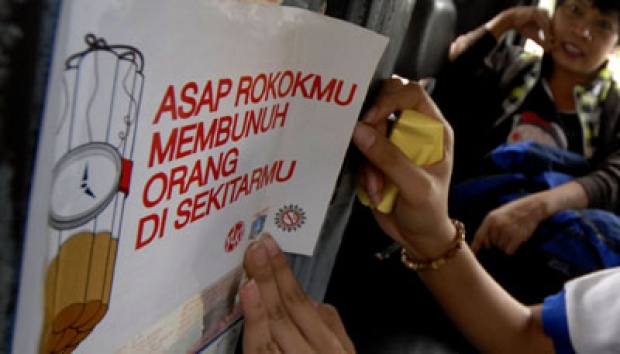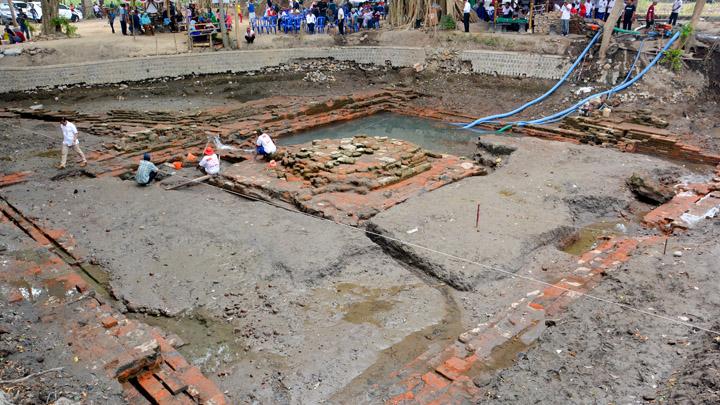
TEMPO.CO, Jakarta - A banner hangs above the the entrance to Bone-Bone Village in Enrekang Regency, South Sulawesi. No smoking here, it states. Along the village border, three other signs announce the same thing.
Mahada, a local coffee farmer, quit smoking in 2014, a few years after the cigarette ban took effect. The 61-year-old admitted that at first, he was against the regulation. "I was a smoker back then; I could go through four or five packs a day," he told Tempo English.
The threat of public shaming is what changed his mind. In Bone-Bone, individuals caught smoking are named on the mosque loudspeaker. "It is really embarrassing to be called out at the mosque over such a small thing as smoking," he said.
At first, he would leave the village to buy cigarettes and have a smoke. After a while, however, he grew tired of the travel and decided to start weaning himself down. "It was difficult initially, but I finally managed to quit completely," he said.
It took a few months to notice how much more energy he had. At harvest time, he found he could finish the work in half the time by carrying many more coffee beans.
"I used to earn around Rp5 million at harvest; now that I have quit smoking, my earnings have doubled," Mahada said.
The move is also a money-saver. "In a month, I could waste Rp3 million, so smoking is basically like burning money," he said. Now he said he was happy about the law. "My family is happier, too." (*)
Read more inspiring Outreach stories in Tempo English Weekly News Magazine























